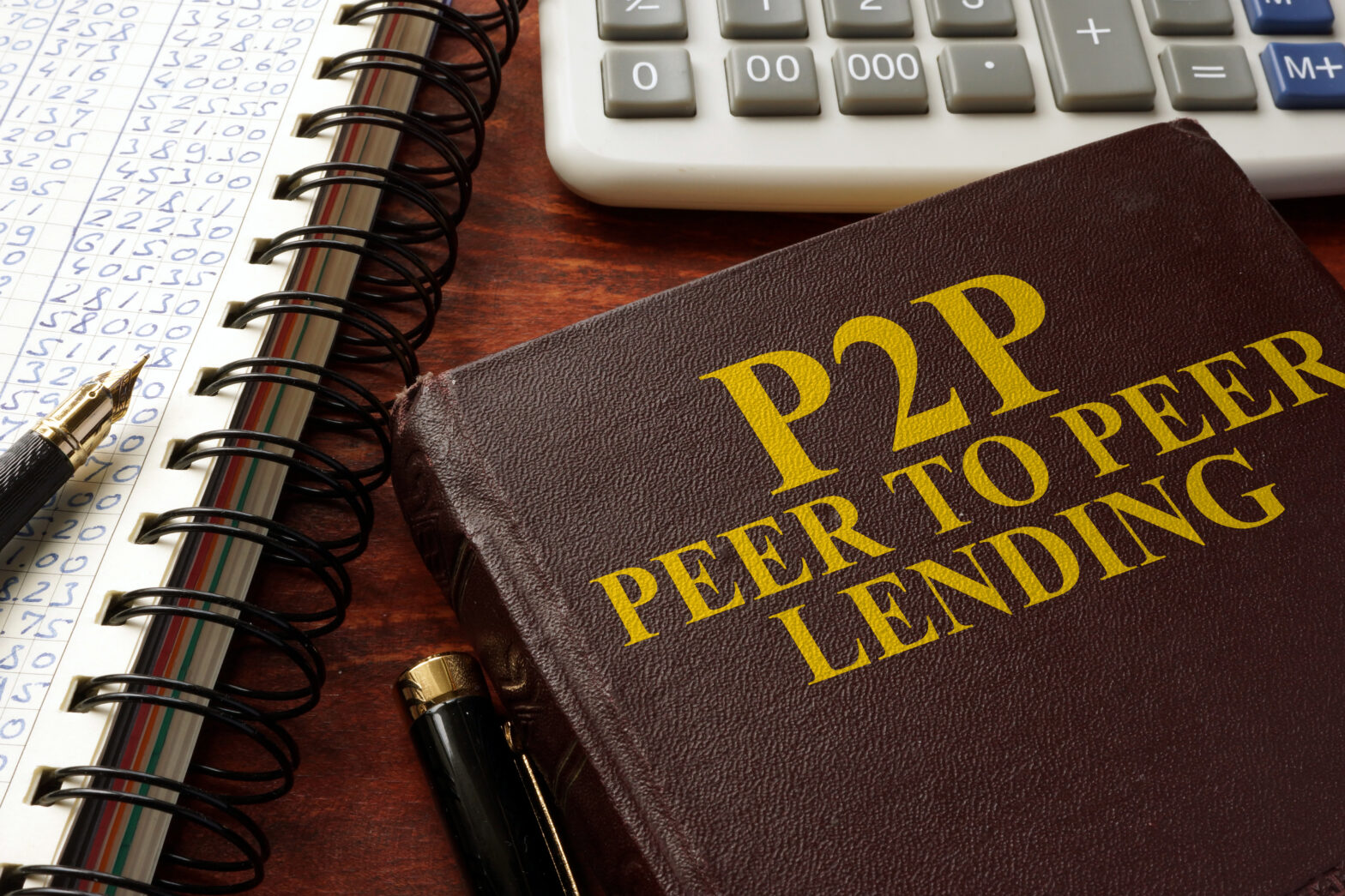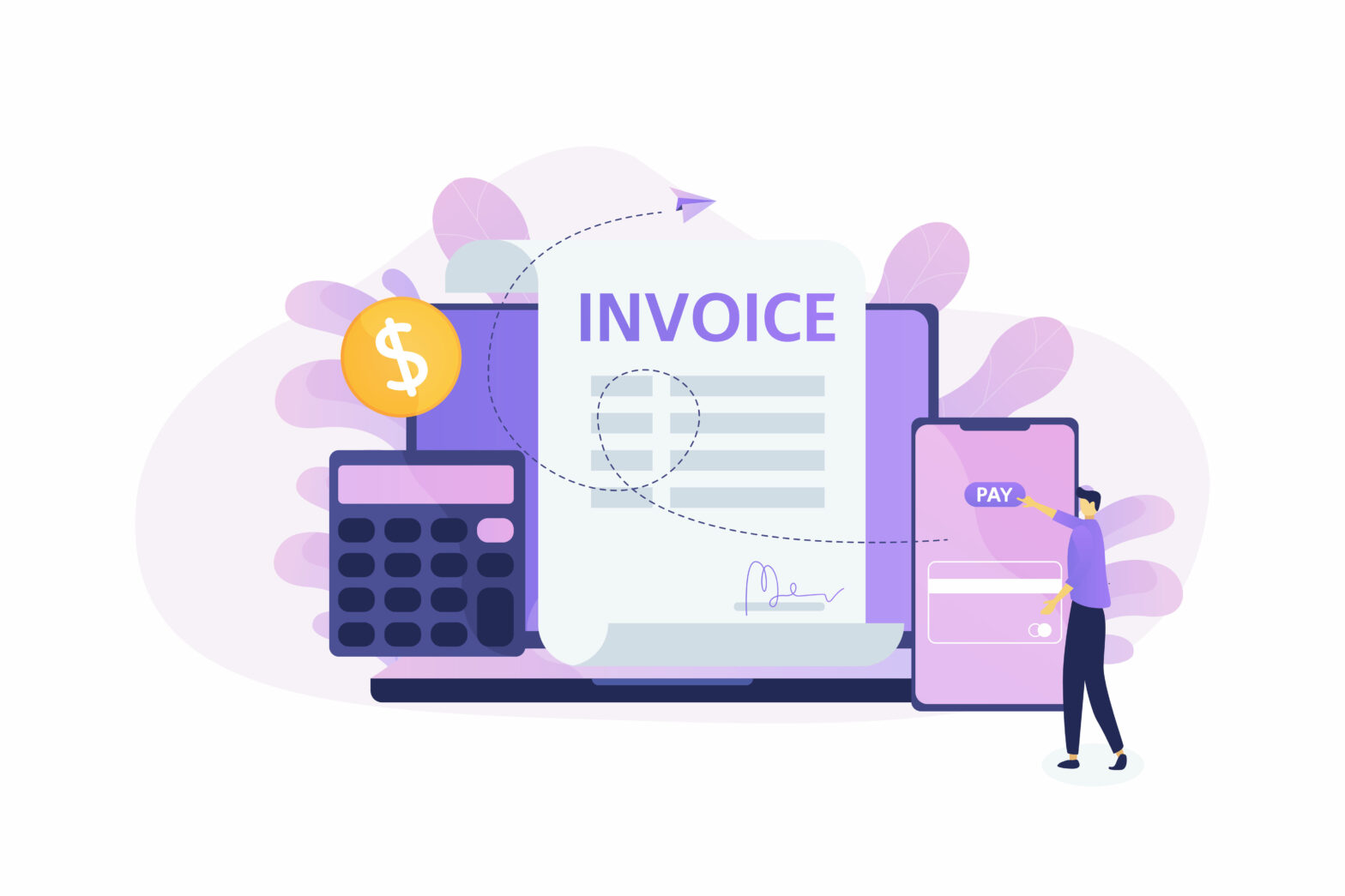Forget about the fact that you probably could not have a finer education – our new chancellor won a scholarship to Winchester College, a dauntingly intellectual public school – where he became head boy – followed by graduating with a first in politics from Oxford University and then an MBA at Stanford, probably America’s version of Cambridge. (Our dear prime minister scraped a 2:1 while at Oxford, mainly down to his laziness.)
And it’s nothing to do with him being the son of a shopkeeper pharmacist and her GP husband, who experienced the day-to-day hardscrabble of running a family business. (They had their future chancellor son do the bookkeeping.)
No, the reason why new chancellor Rishi Sunak bodes well for small business is because of a paper he wrote for free market-leaning think-tank Centre for Policy Studies three years ago.
In it, Sunak – then an ordinary MP for Richmond in Yorkshire – argued that the government should support the creation of an investment exchange for SMEs, where ordinary savers like you and me could lend money to small businesses, trading bonds like shares.
This Retail Bond Exchange would generate fresh capital for SMEs, while at the same time offering savers a place to put their money where it would earn a healthy rate of interest.
These tax-saving bonds would give investors an attractive fixed return and could be included in the annual £20,000 ISA allowance.
In his paper, Rishi Sunak called on the government to help support the creation of this new retail bond market, one which would be suitable for any small business looking to raise anything upwards of £5m in capital.
The British Business Bank, he said, should package up smaller SME loans into a larger portfolio that could be securitised (bundled together and then sold to investors). These bonds would also be issued on the new exchange so that ordinary savers could enjoy the same opportunities as institutional investors.
Starved of finance
Small business, argued Sunak, is starved of finance – he estimated the shortfall to be £35bn – and encouraging private investors to lend money to SMEs would “give consumers a solid return and a stake in ‘Enterprise Britain’” he wrote in City AM.
Sunak pointed out that with the annual turnover of UK SMEs hitting £1.9tr in 2017, they collectively generate more revenue than Brazil and employed three times as many people as McDonald’s the NHS and the People’s Liberation Army combined.
The UK already has a retail bond market, known as the ORB, which was set up in 2010. By buying bonds, everyday savers can earn around six per cent interest by lending their money to companies to some of the UK’s most well-known companies such as Vodafone, GSK, BT and Marks & Spencer.
The problem with ORB is that it is mainly geared towards large companies that want to borrow an average of £95m. For SMEs, ORB’s costs and complexity put it out of reach.
Meanwhile in Italy an exchange called ExtraMOT has seen hundreds of Italian SMEs raise almost €2bn in average issues of just €8m, wrote Sunak.
“Astonishing as the successes of our SMEs has been, research shows that while Britain is great at creating businesses, it struggles to scale them up. A big reason for that is loans are far too difficult to come by, meaning new businesses often don’t have the money they need to grow,” he told the Yorkshire Post.
It will be interesting to see if, as chancellor, Rishi Sunak puts his words into action. In this instance, will his word literally be his bond?
Tim Adler is editor of Growth Business and Small Business





